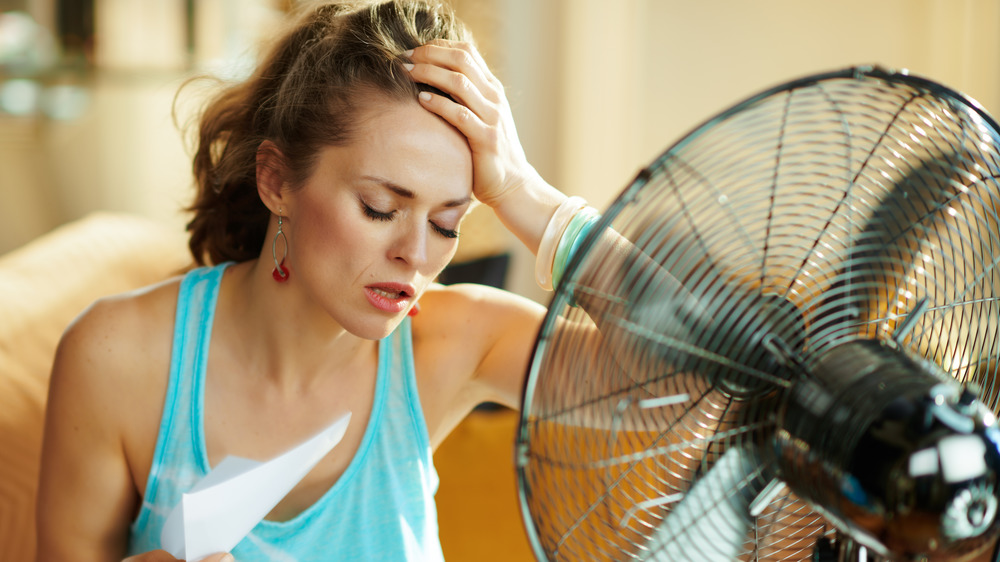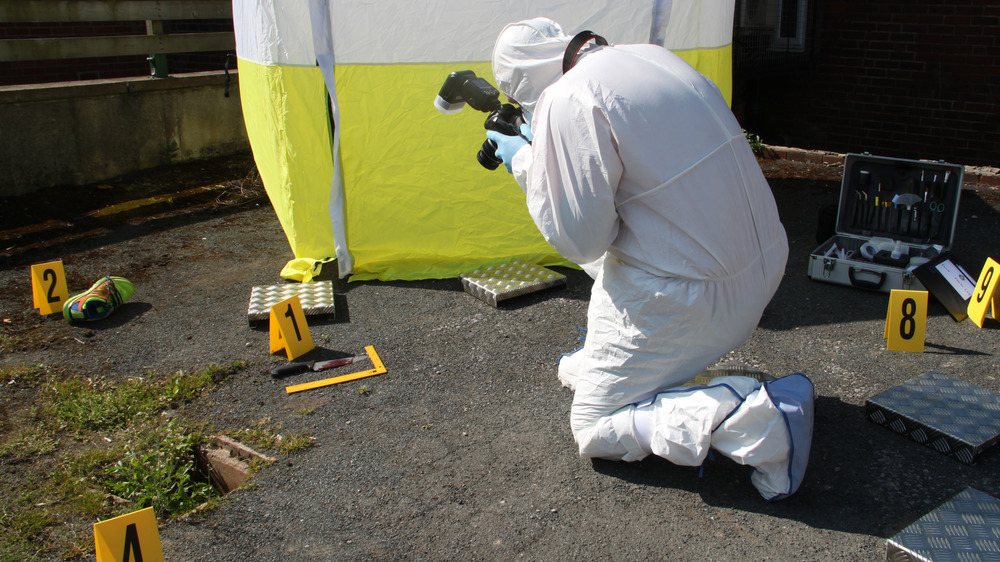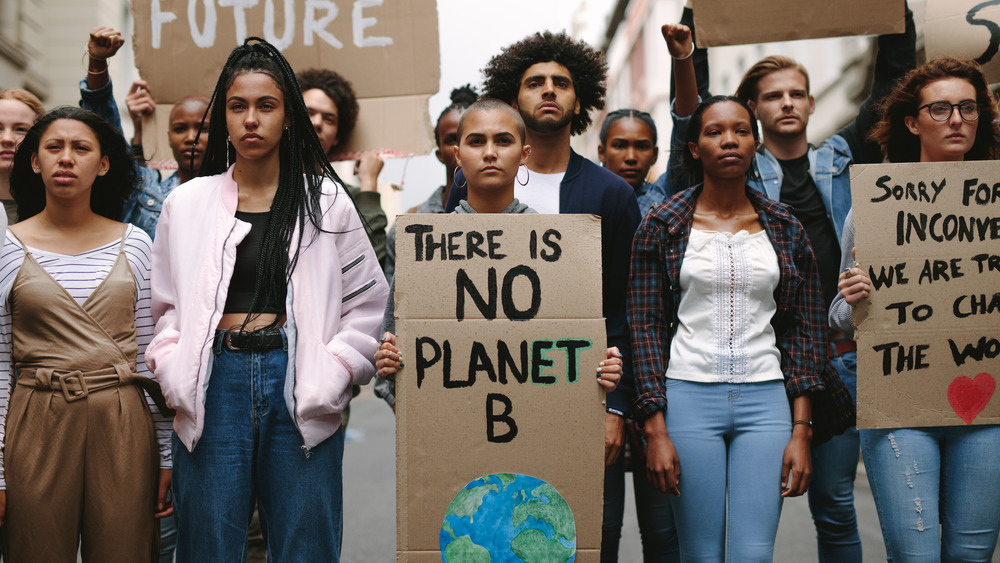Here's Why Hot Days Lead To More Crimes
Anyone who's found themselves getting a little testy on a hot day knows the feeling: the vague annoyance looking for a cause, the prickly heat creeping up your neck, the sting of sweat in your eye. It's enough to make a person snap.
It turns out that what most of us have long assumed anecdotally about the connection between heat and bad behavior is now being borne out by science — and that's not exactly great news. Most scientists agree: the world is getting hotter every year. That not only creates more hardship for individuals, it also has scary implications for all of us.
In a hotter world, resources are more scarce, tempers shorter, and, according to two recent studies, reported by the Washington Post, life on Earth may become more violent. The two studies looked at crime from very different perspectives, but came to similar conclusions.
But the link between temperature and crime rates is not a new one. In a 1992 study, posted at Jstor, criminologist Simon Field looked at UK temperatures' effects on crime and not only established a link, but posited a cause: When people are hot, they spend more time outdoors. More time outdoors equals a greater chance of becoming a victim of crime.
Summer heat leads to summer violence
The National Bureau of Economic Research (NBER) released a study in 2019 that examined crime in Los Angeles between 2010 and 2017 and found that "On average, overall crime increases by 2.2 percent and violent crime by 5.7 percent on days with maximum daily temperatures above 85 degrees." Well, you now know that time outdoors increases the odds of being a victim (hard to get carjacked, for instance, if the Honda is in the garage) and you've probably also reasoned that summer is when most kids (a.k.a., potential troublemakers) are both undersupervised and understimulated.
Researchers have considered this, too, but have also found evidence that temperature actually plays a role in inciting violent behavior. In another 2019 NBER paper, researchers recount the way putting subjects under "thermal stress" adversely affected their behavior, noting a correlation between higher temps and "an increase in the joy of destruction." Yeah, we've been there.
So, higher temps equal cranky people. Cranky people lead to violence. Seems simple, but the bigger picture is much more complex (and scary) than an easy fix like staying inside in the AC.
The link between higher temps and 'climate violence'
According to researchers, the Washington Post further reports, climate violence (which The World At 1°C defines as the "collision between acute weather conditions and acute social realities") is an outgrowth of climate change. It's worth noting that climate change is not always synonymous with "global warming," and can also mean things like extreme weather (which can include heat, but also drought, seasonal disruptions, evaporating rivers, wildfires, and more). Sounds pretty bad; also pretty abstract.
On a more personal level, as CNN explained in its efforts to summarize a 2016 study on the climate-violence connection, "living in a place with greater seasonality and lower temperatures prompts people to be more future-oriented and more greatly value self-control." In other words, when you're in a situation where you can plan, you're less likely to resort to violence and more likely to exercise self-control. When you have no control and nothing is a given, you might be more likely to act recklessly, because you're desperate.
There are no absolutes, though, so it's important to remember that studies look at small sample sizes and try to apply them to the whole. There's still a lot we don't know the link between high temperatures and crime — except that, when it comes to researchers finding solutions, the heat is on.


